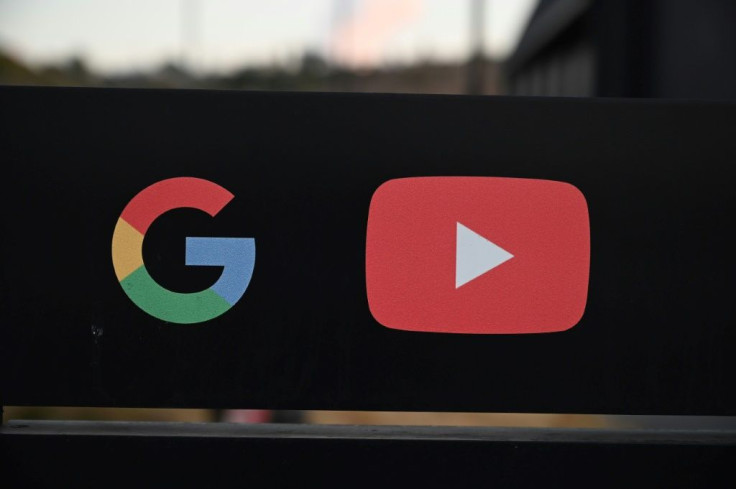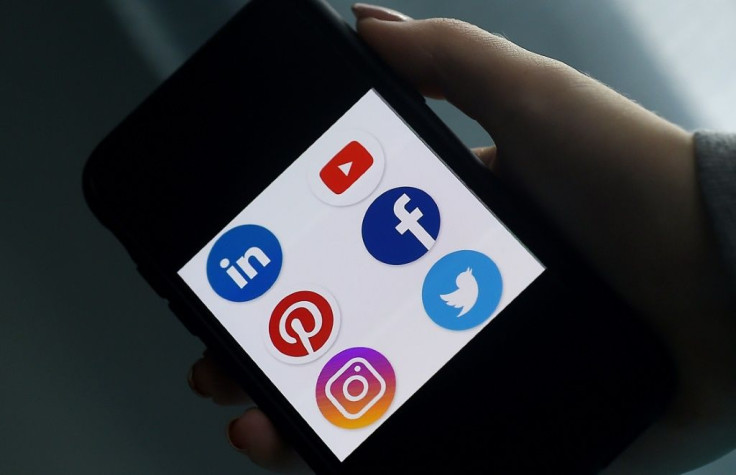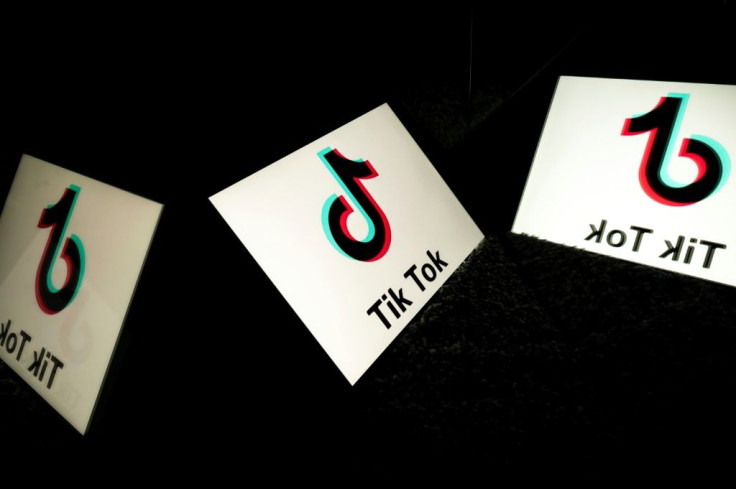Video Platforms Tested As Election Misinformation Runs Rampant
Amid an intense effort by social media platforms to curb misinformation around the US election, political operatives were finding loopholes in YouTube and other video platforms.
Google-owned YouTube has come under scrutiny for leaving online one video from a far-right media group claiming Donald Trump had won Tuesday's election, along with content from others close to the president challenging the integrity of the vote-counting process.
Days after the vote, challenger Joe Biden was closing in on victory as Trump launched unsubstantiated claims of fraud and made it clear he was not ready to concede.
Social media watchdogs say other videos containing falsehoods have circulated on TikTok and Facebook livestreams, but the biggest concerns have been raised around YouTube, the behemoth of online video.
"It seems like YouTube has done appreciably worse at policing disinformation around the election including from the president compared with Twitter or Facebook, both of which have been very aggressive in responding to the moment," said Daniel Kreiss, a researcher with the University of North Carolina's Center for Information, Technology, and Public Life.

The watchdog group Media Matters for America listed a series of questionable videos that YouTube left online, saying the snippets had received more than one million views this week.
"YouTube videos pushing misinformation about the results of the 2020 presidential election have received high combined view counts, despite the platform's community guidelines prohibiting 'content that aims to mislead people about voting,'" said Media Matters analyst Alex Kaplan in a blog post Thursday.
Analysts say policing video content may be challenging for platforms, which use artificial intelligence to scan for keywords and unverified allegations.

"The problem with video, especially live video, is that it's hard for artificial intelligence to detect a problem," said Adam Chiara, a professor of communication at the University of Hartford.
This may be critical because for many young voters "this is how they are literally watching the election unfold... the country's youngest voters are scrolling through their social media feeds," Chiara said.
YouTube this week took down a video in which former Trump strategist Steve Bannon called for the beheading of the FBI director and top pandemic advisor, but stopped short of banning the account, which Twitter did.
"We've removed this video for violating our policy against inciting violence. We will continue to be vigilant as we enforce our policies in the post-election period," YouTube spokesman Alex Joseph said.
The toughened stand by Twitter and Facebook on unverified election claims has prompted operatives to turn to video on YouTube, TikTok and even Facebook Live videos in an effort to circumvent restrictions.

Media reports said Facebook was moving to limit the distribution of livestream video content about the election.
Video-sharing app TikTok meanwhile, which had also pledged tough action on election misinformation, allowed a number of videos with false content to circulate with at least 200,000 combined views, according to Media Matters.
"Misinformation videos alleging mass voter fraud is going viral on TikTok," a Media Matters statement said earlier this week.
The watchdog group said TikTok allowed unfounded "magic ballot" narratives claiming that mail-in votes for Democratic nominee Biden are fraudulent, as well as allegations about Arizona poll workers intentionally handing out markers to Trump voters so that their ballots would not be processed.
The group said TikTok removed many of those videos after being notified.
Chiara said it is increasingly difficult to keep up with the velocity of social media content like video.
"Just with the sheer quantity of video that is misinformation and disinformation, even if the platforms are able to stop them all before they go viral, they are all still reaching eyeballs before they are scrubbed," he said.
But some experts say platforms with a clear strategy can curb the flow of political misinformation.
Kreiss said that for YouTube and others, "any serious enforcement action could have started with the institutional political accounts."
He added that Facebook and Twitter appeared to be effective by monitoring videos shared by the president and those in his circle.
"You start from the top," he said. "I would look for enforcement on the president and other elites who want to undermine the credibility of the ballot box."
Carl Tobias, a University of Richmond law professor, said the battle over misinformation is still raging on social media.
"In the coming days, and until the presidential and Senate elections are concluded, I expect Twitter and Facebook to be equally vigilant as they have been so far, and I am cautiously optimistic that they will learn from any of their own missteps or new 'tricks' from politicians," he said.
© Copyright AFP {{Year}}. All rights reserved.





















